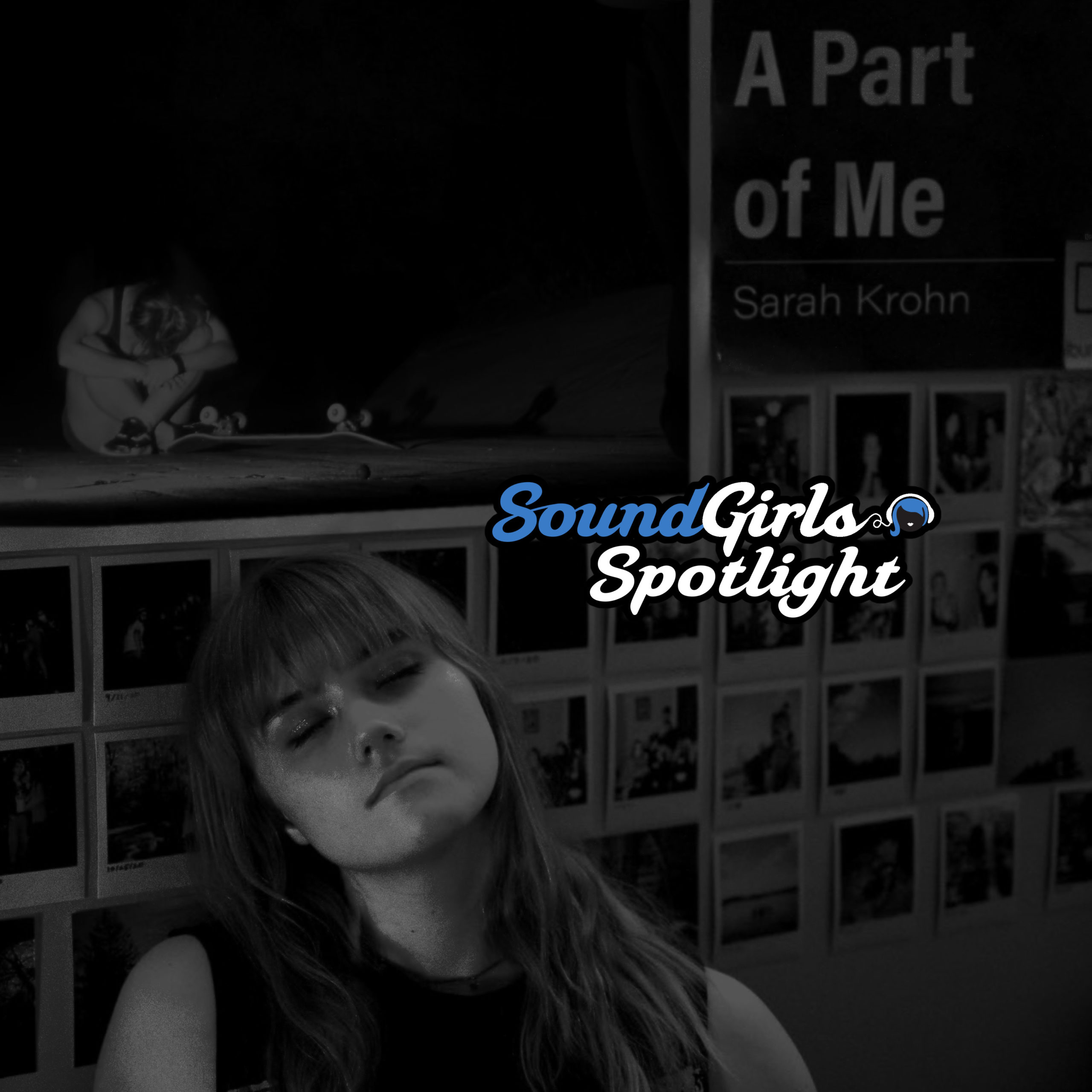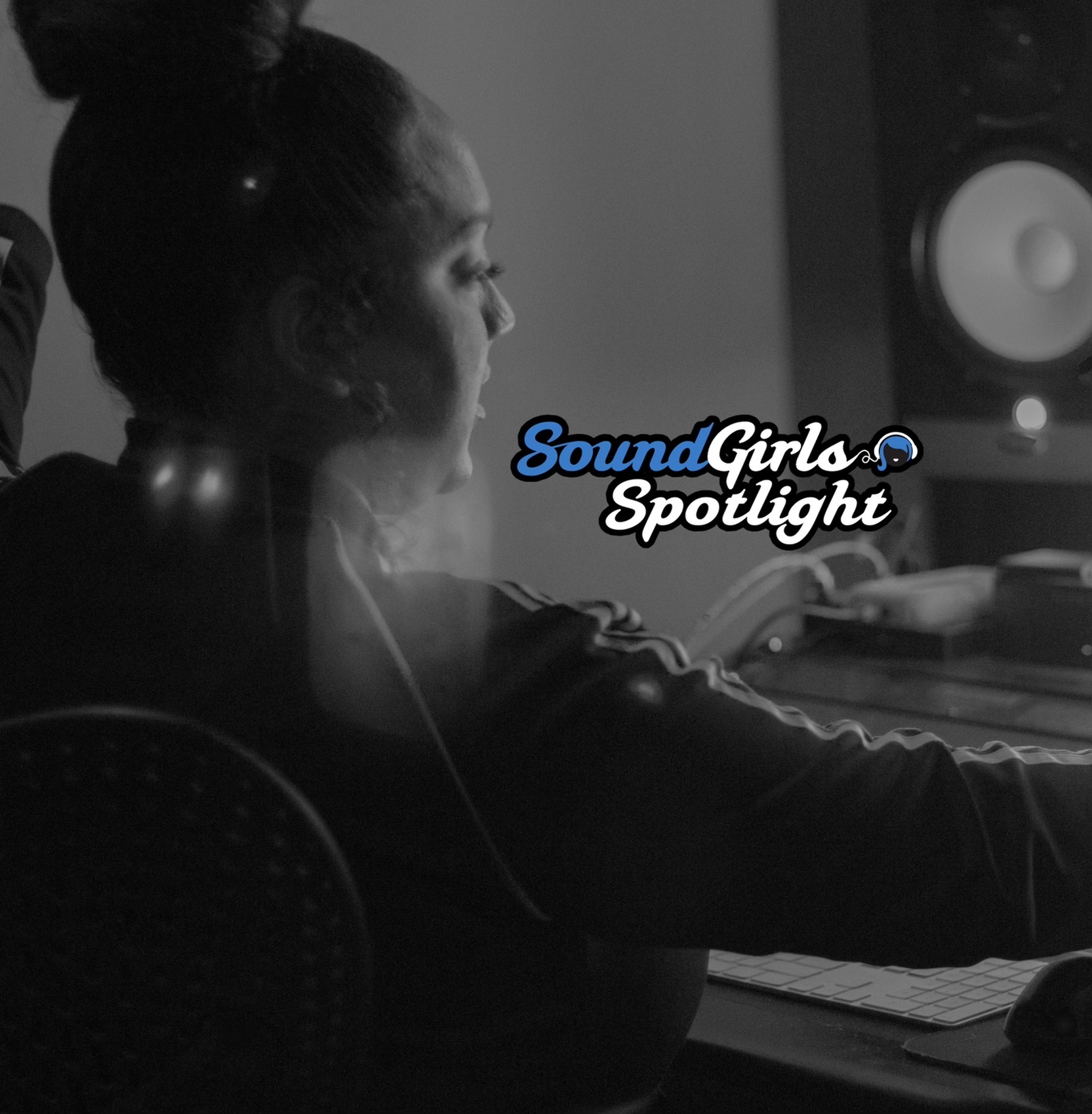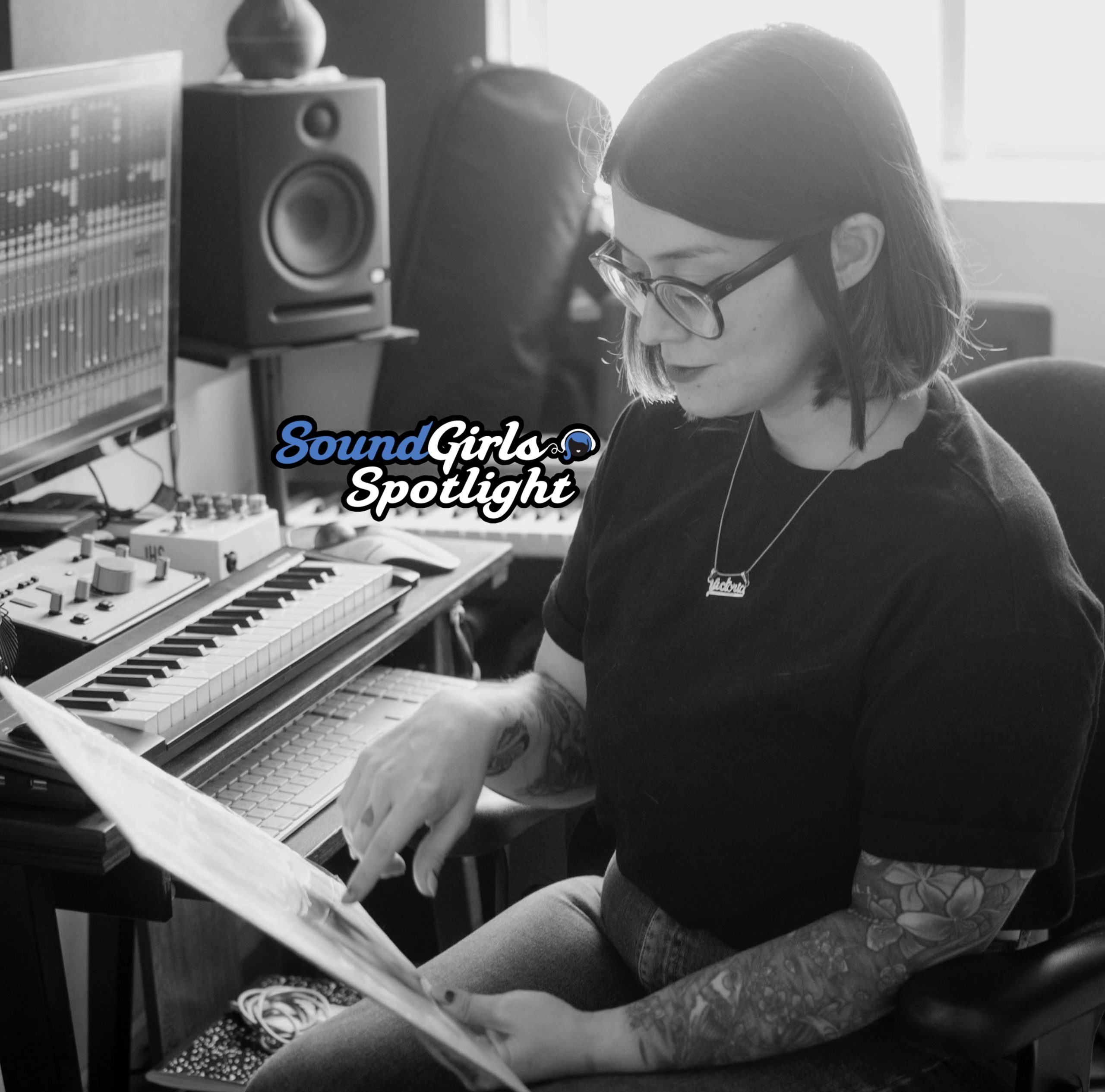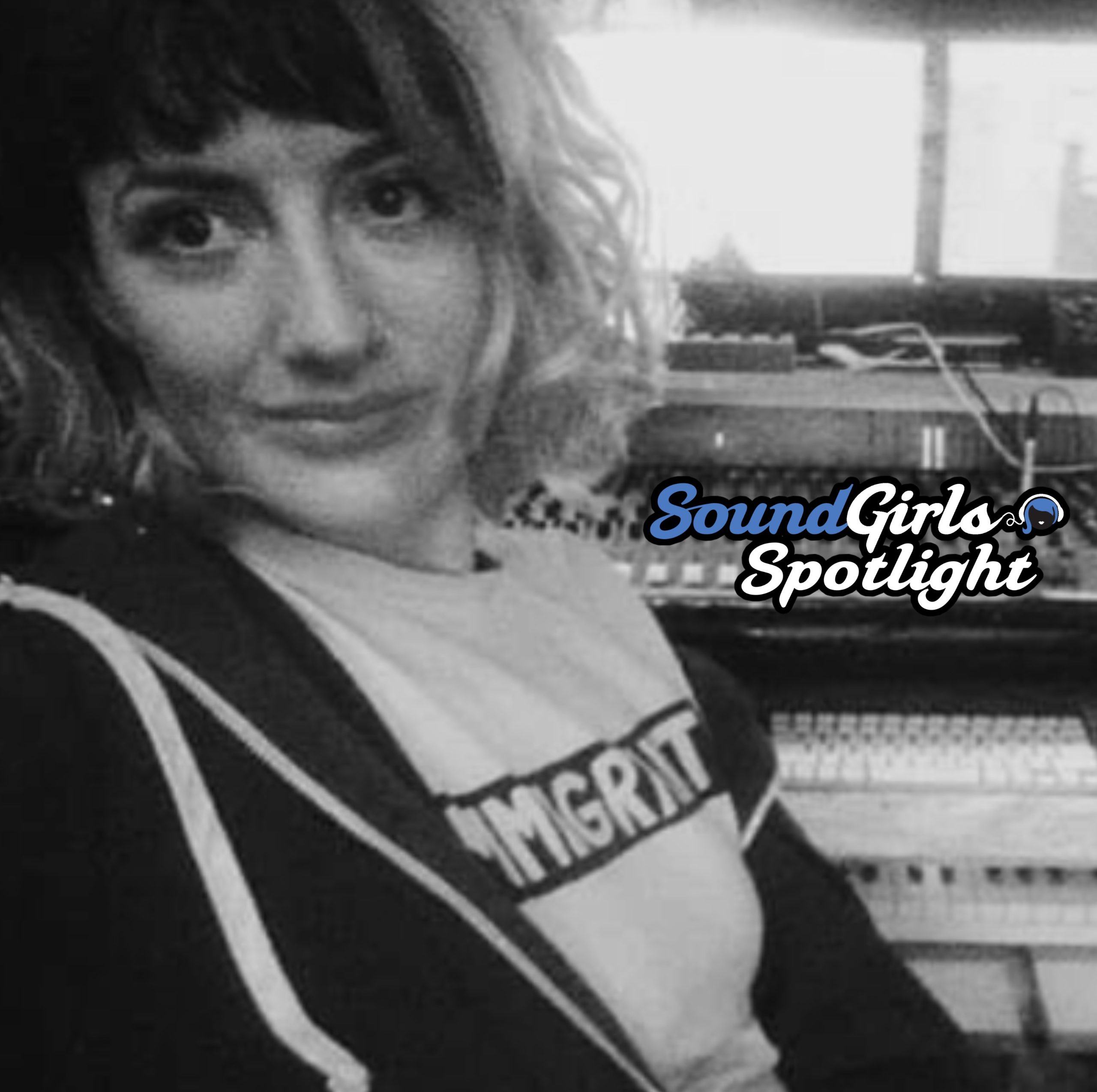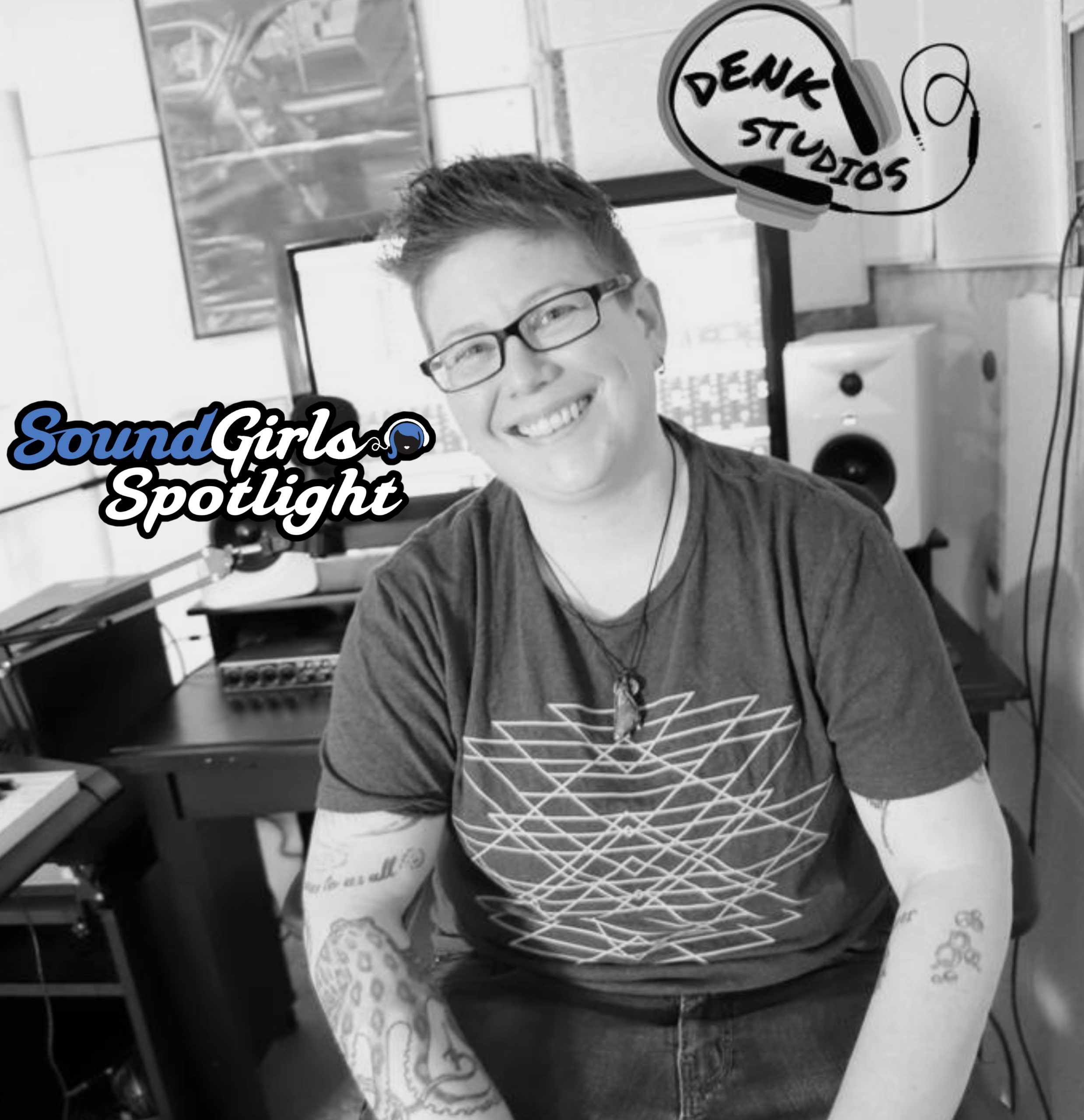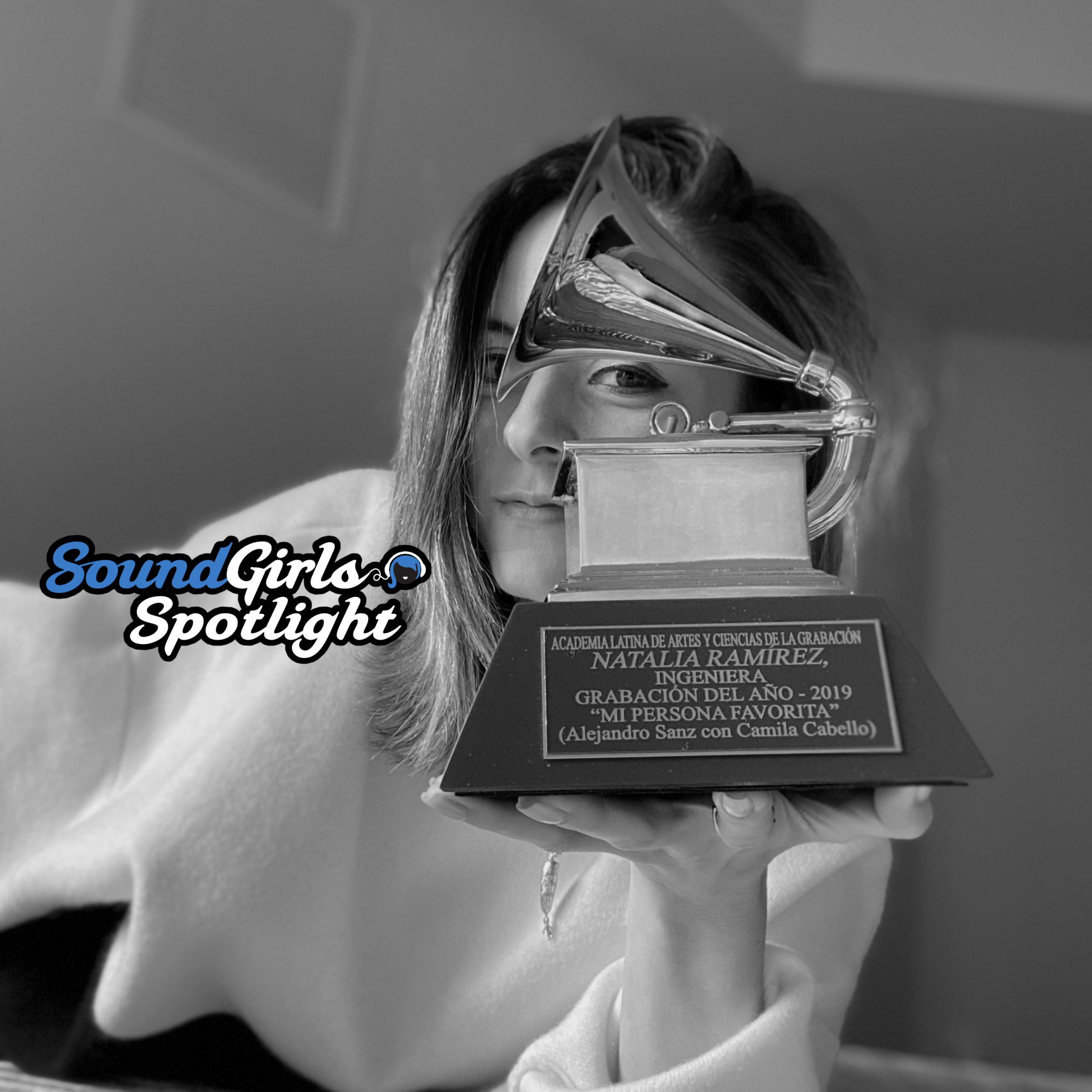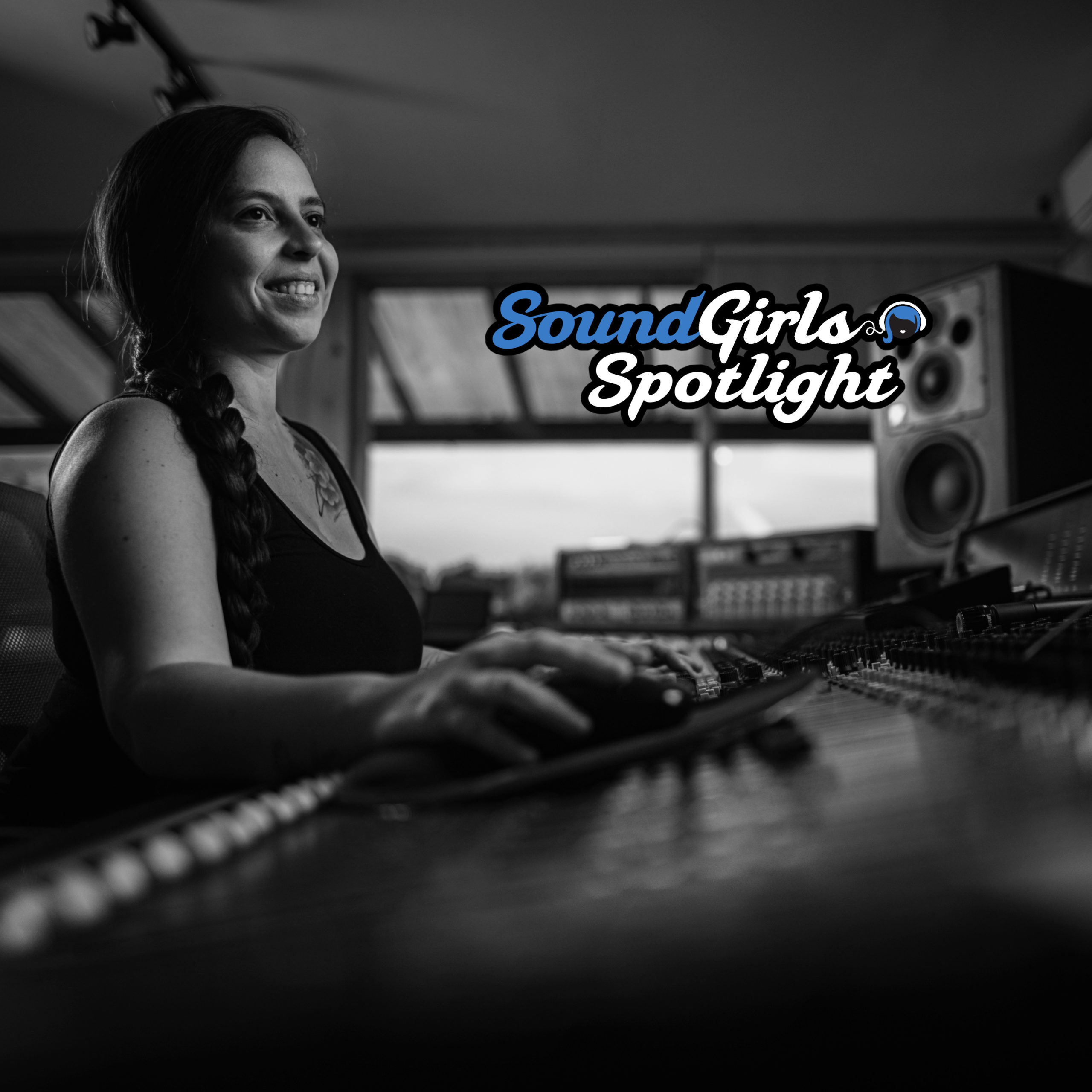
Andrea Arenas
Location:
Dubai
How did you become a producer/sound engineer?
I started studying electronic engineering aiming to relate it with sound because no professional careers in sound existed in my country during that time. In the middle of my career I got in contact with the recording studio from the university and started volunteering in exchange for mentoring from the person in charge of it at the time Fracisco ‘Coco’ Diaz, who I consider my first mentor.
What advice would you give students either going into school or just graduating about getting a job in this industry?
1. Volunteer as much as possible, it is the best way to start networking and to get to be known in the field.
2. Collaborate with your friends from other careers, it will give you expertise and will help you build your portfolio.
3. Document everything you do since day one even if it seems basic work, everything is important.
What are the major qualities required to be a good sound engineer in your opinion?
These qualities may sound exclusive for a sound engineer however I think they apply to most careers:
1. Be passionate
2. Be an active listener
3. Be a problem solver
What is your recording/producing philosophy?
For the musicians: play as you dream it will sound in the final record (including performance, tuning, etc.)
For the recording engineers: record the sound as majestic as it sounds, no shortcuts.
What producers/engineers inspire/inspired you?
People who have inspired me the most are the people I’ve known and worked with: Thorsten Weigelt, professor for classical music transmission in the Tonmeister course at the Berlin University of the Arts, who taught me patience and passion to detail when listening to mics, recordings, instruments, mixes, everything.
Stephan Flock, Emil Berliner Studios Recording engineer & producer, who taught me the versatility of being able to create your own gear to achieve what you need in your recordings and productions.
Frederick Vogler, sound designer and FOH mixer for the Hollywood Bowl and Walt Disney Concert Hall, whose approachability taught me we can all get “there” (to the dreamed job)
Tom Lord Alge, who taught me sensibility while mixing goes beyond any labels and is the only important thing to consider in our job.
